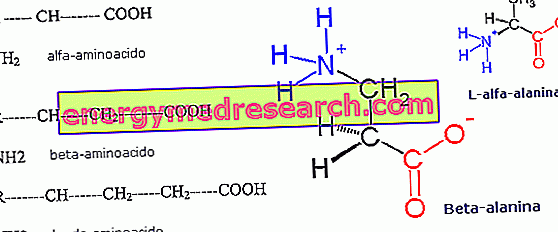Related articles: Herpes simplex keratitis
Definition
Herpes simplex keratitis is a corneal infection caused by the Herpes simplex virus (HSV). It represents one of the most serious ophthalmological problems, as it can determine the loss of corneal transparency with reduced visual capacity.
Most common symptoms and signs *
- Burning eyes
- Conjunctivitis
- Ocular pain
- Fotofobia
- Eyelid swelling
- Hypoaesthesia
- Tearing
- Eyes reddened
- Corneal opacity
- Reduced vision
- blisters
- Blurred vision
Further indications
Herpes simplex keratitis usually occurs one week after contact of the virus with the ocular surface (primary infection). Lesions can involve every layer of the cornea and are mediated by both the viral agent and the immune response. The manifestations of primary infection are often mild and self-limiting. However, it follows the latent phase of the disease, in which the virus remains in the nerve roots and then reactivates following triggers (recurrent infection).
The initial (primary) infection with Herpes simplex virus is usually represented by a non-specific conjunctivitis. Symptoms include: foreign body sensation, watery eyes, photophobia and conjunctival hyperaemia. In some cases, skin lesions (vesicles) may appear on the eyelid and in the periorbital region (vesicular blepharitis).
On the other hand, recurrences of herpes simplex keratitis occur in different ways. The virus usually affects the surface of the cornea, but can also involve the deeper layers (corneal stroma). Therefore, recurrent infections can cause, at the corneal level, hypoesthesia, neovascularization, ulceration and permanent scarring. Possible consequence is vision loss.
The diagnosis is based on the presence of the characteristic dendritic (branched) corneal ulcer visible with the slit lamp and fluorescein. Sometimes, to confirm the condition, it is necessary to resort to the viral cultures of the lesion.
Treatment is performed with topical and occasionally systemic antiviral drugs (eg, refluridine and acyclovir). In the case of stromal involvement or uveitis, topical corticosteroids may also be indicated.



